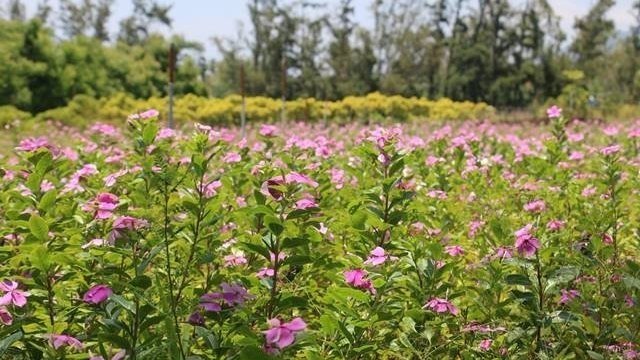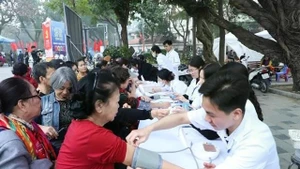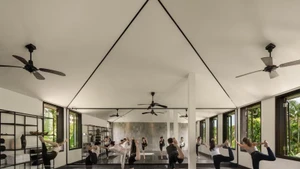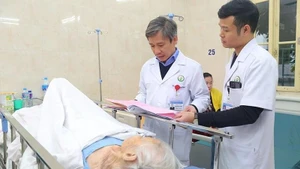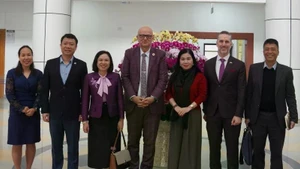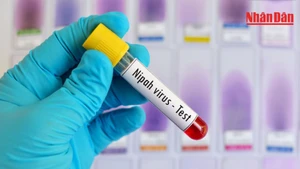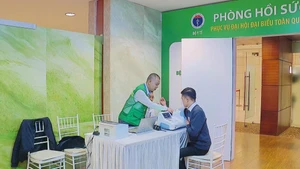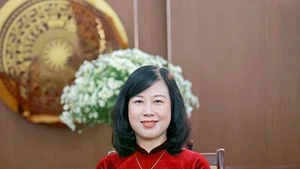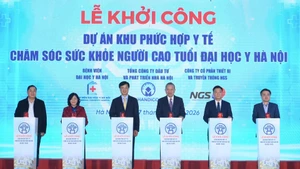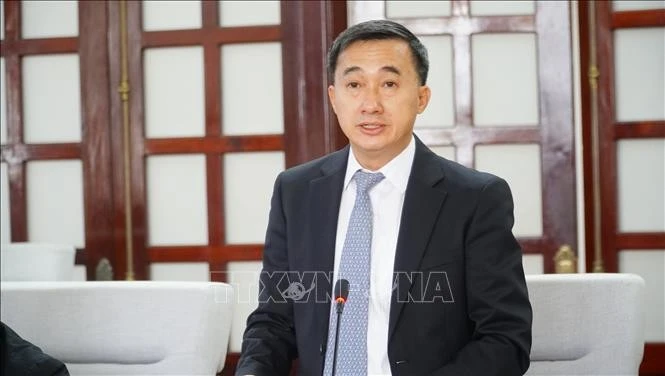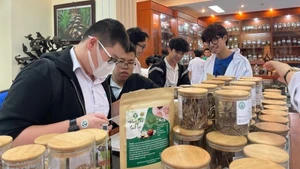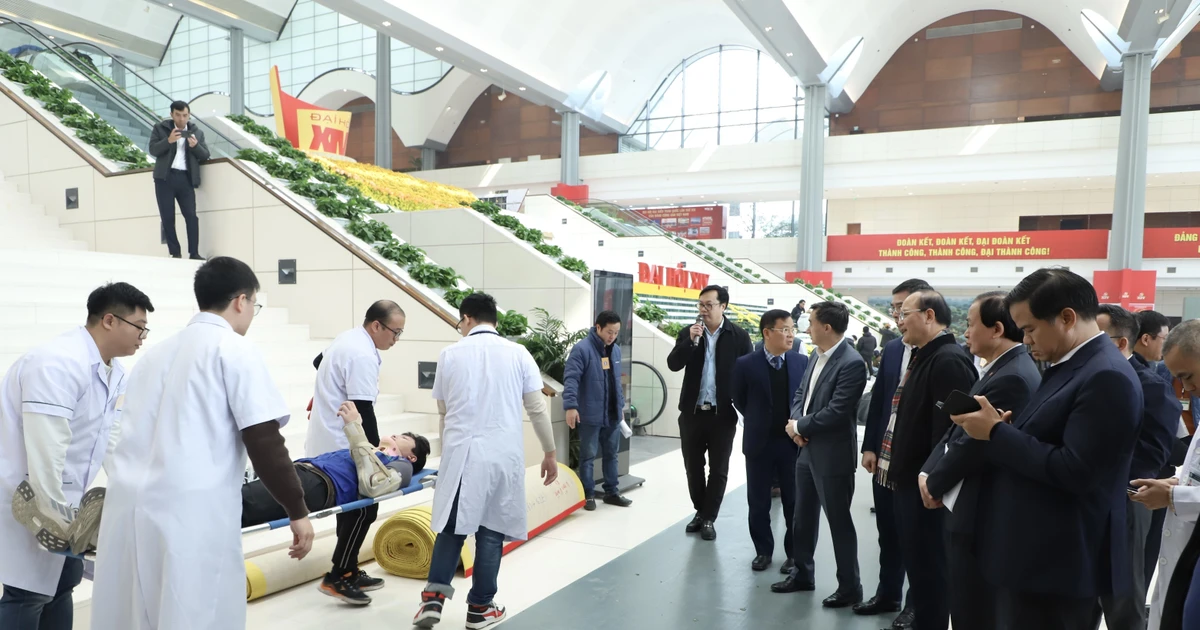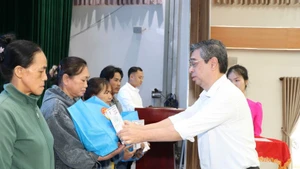Speaking at a conference held in Hanoi yesterday to review the ten-year implementation of Directive No. 24-CT/TƯ by the Secretariat on the development of traditional Vietnamese medicine in the new situation, Minister Tien said that the traditional medicinal healthcare system has been expanded and developed at all levels since the issuance of the above directive.
By 2018, the total number of traditional medicine hospitals at the provincial level is 58 across all 63 localities in Vietnam. The system of traditional medicine departments in general or provincial hospitals increased to 82.3%, while the figure for district levels increased to 93.13% in 2017.
At the grassroots level, the proportion of commune health stations carrying out medical examinations and treatments increased by 23.99% compared to 2008. The proportion of communes that have implemented traditional medicine and pharmacy services covered by health insurance reached 70.18%.
The number of traditional drug manufacturing facilities has increased from 32 in 2014 to 64 in 2017. Pharmaceutical producing establishments increased to 563 last year, with 25 provinces developing plans for medicinal plant cultivation.
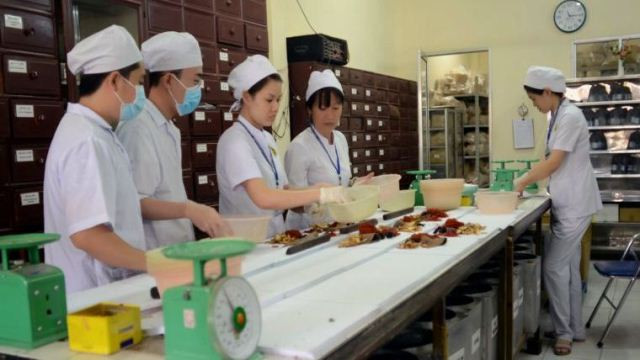
Facilitative policies are needed to boost the development of the traditional Vietnamese medicine sector.
However, Minister Tien said that the sector’s current development is still modest due to limited communication and providing knowledge to the people on traditional medicine. Human resources in the field of traditional medicinal technology is also a matter to be discussed, she stated, adding that at provincial level, and even at the central level, specialists in traditional medicine remain scarce.
In addition, there is a lack of specific financial mechanisms for traditional medicine hospitals, combined with limited costs for buying traditional medicine recipes at such hospitals.
To deal with the issues, the heath sector suggested building a law on traditional medicine, while giving priorities in the allocation of human resources to strengthen the management system at all levels and ensure adequate financial support for traditional medicine programmes and projects.
The Health minister said that more than 120 countries around the world use traditional medicine to care for people's health. In Vietnam, the need for traditional healthcare will be a priority for many elderly people and patients with chronic diseases and diseases that are difficult to treat.
With the policy of "Vietnamese people using Vietnamese medicines", traditional medicine must develop more strongly, attaching importance to the development of "made in Vietnam" pharmaceuticals, developing human resources and providing high medical services, she urged, stressing the need for strengthened international cooperation to bring Vietnam's traditional medicine services to the world.
